Introduction
What Keeps Squirrels Away: The enchanting world of squirrels often evokes images of these bushy-tailed creatures gracefully leaping from tree to tree, foraging for nuts, and bringing a touch of whimsy to our urban and rural landscapes. While these small mammals are undoubtedly charming, they can sometimes become a bit too familiar for comfort, invading our gardens, bird feeders, and homes. Squirrels, with their insatiable curiosity and boundless energy, are known for their relentless efforts to obtain food and shelter. Their acrobatic feats and agile maneuvers can quickly turn them into pests when they start to interfere with our lives. Whether you’re a gardener trying to protect your prized plants, a homeowner dealing with the incessant gnawing on your attic’s wooden beams.
A bird enthusiast frustrated by squirrels herbivores emptying your bird feeders, finding effective ways to deter these persistent critters is a common concern. In squirrels away, we will delve into a variety of methods and strategies. From natural deterrents that tap into their aversions to certain scents and tastes to more mechanical solutions like traps and barriers, we will unravel the secrets of squirrel deterrence. Additionally, we will explore the ethical considerations of keeping these animals at bay, as well as alternative approaches for peaceful coexistence with these charming but sometimes vexing neighbors.
The behavioral patterns and intelligence of squirrels, as this can be invaluable in crafting effective squirrel prevention strategies. Squirrels are quick learners and adapt to their environment, which makes the task of deterring them all the more challenging. Therefore, a multifaceted approach, combining various techniques and a deep understanding of squirrel behavior, is often necessary to keep these furry creatures from wreaking havoc in our lives. The secrets of what keeps squirrels away, discovering practical solutions and gaining a deeper appreciation for these fascinating members of the animal kingdom.
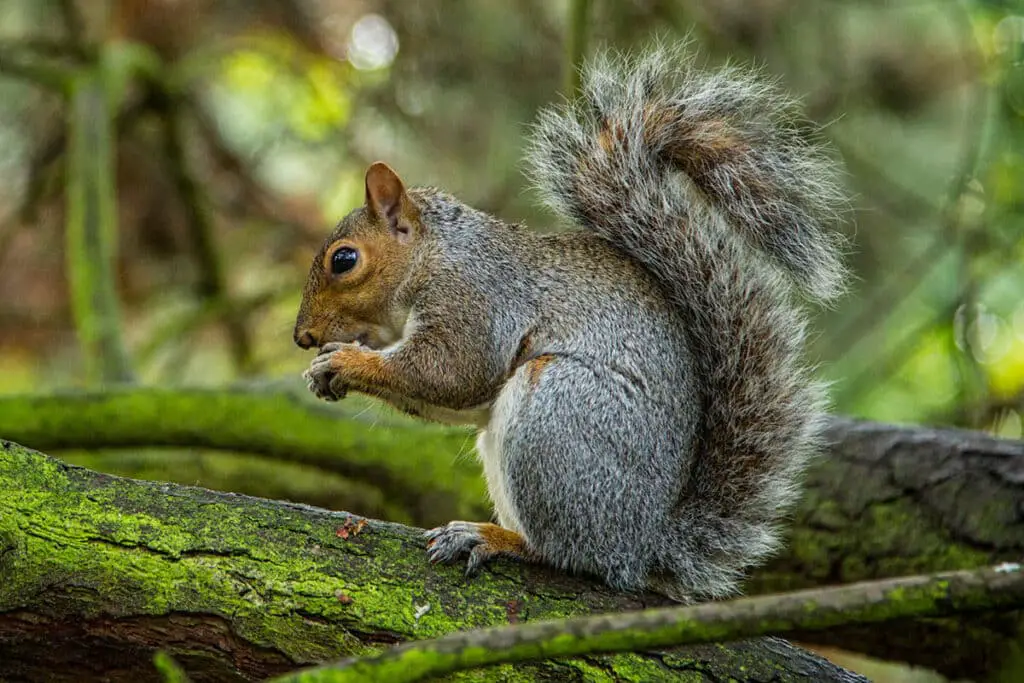
What do squirrels hate the most?
Now that we know more about them, we’ll discuss the scents they hate! The scents on this list are: Peppermint Oil, Capsaicin, Coffee Grounds, White Vinegar, Garlic, Cinnamon, Predator Urine, Irish Springs Soap, Dryer Sheets, and Rosemary.
Spicy Scents and Tastes: Squirrels have a strong sense of smell and taste, and they tend to avoid things that are spicy or pungent. Many gardeners and homeowners use spicy substances like cayenne pepper, chili powder, or hot sauce as natural deterrents. Sprinkling these around areas you want to protect, such as garden beds or bird feeders, can discourage squirrels from approaching.
Predator Scents: Squirrels are prey animals, and they are naturally wary of potential predators. Products like predator urine or scent-based deterrents, which mimic the odor of animals like foxes or coyotes, can make squirrels feel unsafe and keep them away from your property.
Bitter Flavors: Squirrels dislike bitter tastes, and you can capitalize on this aversion by applying bitter sprays or coatings to surfaces they frequently target. This includes bird feeders, wires, and wooden structures. These products make these areas unappealing for squirrels to chew on or gnaw.
What really repels squirrels?
They’re said to dislike the scent of coffee grounds and peppermint, or you could make up your own recipe with vinegar, garlic and onions or peppermint oil to spray in the garden. Chilli flakes and pepper might put them off, so try a sprinkling of these – it’s often used to keep squirrels off bird feeders.
Spicy Scents and Tastes: Squirrels have a keen sense of smell and taste, and they tend to dislike spicy or pungent scents and flavors. Sprinkling substances like cayenne pepper, chili powder, or hot sauce around areas you want to protect can deter squirrels. These substances are natural and safe for the environment, making them a popular choice for gardeners and homeowners.
Predator Scents: Squirrels are prey animals, and the scent of potential predators can send them scurrying. Products like predator urine or scent-based repellents, which mimic the odor of animals like foxes or coyotes, can create a sense of danger for squirrels and keep them away from your property.
Bitter Flavors: Squirrels dislike bitter tastes, which can be exploited to your advantage. Bitter sprays or coatings applied to surfaces they frequently target, such as bird feeders, wires, and wooden structures, can make these areas unpalatable for squirrels.
What is a squirrel’s worst enemy?
Squirrel Predators
Well, the natural enemies of squirrels include; coyotes, raccoons and weasels. As if that weren’t enough, squirrels also have to be on the lookout for predatory birds like eagles, hawks, falcons, and owls who will try to swoop down and grab them for a meal.
One of the most significant threats to squirrels in their natural habitat is birds of prey. Raptors like hawks and owls have keen eyesight and sharp talons, making them formidable hunters. Squirrels are a part of their diet, and these aerial predators can swoop down to catch them, especially when squirrels are foraging on the ground or navigating trees.
Some snake species are known to prey on squirrels. Arboreal snakes, like tree snakes or rat snakes, are skilled climbers and can access squirrel nests high in trees. Once inside, they can consume both juvenile and adult squirrels. Weasels and martens are swift and agile predators known for their ability to pursue squirrels into trees or burrows.
In urban and suburban environments, domestic cats and feral cat populations pose a significant threat to squirrels. Cats are natural hunters, and their stalking behavior can make them effective squirrel predators. Squirrels often fall victim to their stealthy attacks. Larger mammals like coyotes and foxes also count squirrels among their potential prey.
Do squirrels hate mint?
Squirrels hate the aroma of mint, so plant mint (which grows easily) around gardens and trees that squirrels like to frequent. It smells great (at least, to you) and you can even pick it and use it in drinks like iced tea and mojitos.
Mint is known for its strong and pungent aroma, which humans often find pleasant and refreshing. However, for squirrels, and many other small mammals, the scent of mint can be overpowering and unpleasant. This sensitivity to strong scents is rooted in their survival instincts, as it helps them detect potential dangers or undesirable conditions in their environment.
Gardeners and homeowners have experimented with mint as a natural squirrel deterrent by planting mint plants, spreading mint leaves or stems around specific areas, or even using mint essential oils. The idea behind this approach is that the scent of mint will repel squirrels, discouraging them from foraging in gardens or approaching certain areas.
While some people report success with using mint to deter squirrels, it’s essential to understand that the effectiveness of this method can vary. Squirrels are intelligent and adaptable creatures, and their responses to scents may differ from one individual to another. Some squirrels may be more deterred by the scent of mint, while others may not be significantly affected.
Will spraying vinegar keep squirrels away?
Apple cider vinegar can be used as an effective squirrel repellent because the creatures can’t stand the strong, pungent smell and unpleasant taste of the vinegar. You can safely spray undiluted apple cider vinegar on hard surfaces such as plant pots, decking, and fencing.
Vinegar, especially white vinegar, has a strong and pungent odor that humans find quite distinctive. This characteristic scent is the primary reason it is considered as a potential squirrel deterrent. Squirrels, like many small mammals, have a heightened sense of smell, which they use to detect potential dangers or undesirable conditions in their environment. It’s believed that the sharp scent of vinegar can be unpleasant and discouraging to squirrels.
Many homeowners find that using vinegar as a part of a comprehensive squirrel deterrence strategy yields better results. Combining vinegar with other methods, such as spicy substances, predator scents, physical barriers, or squirrel-proof feeders, can more reliable squirrel control. Homeowners may spray a vinegar solution on areas they wish to protect from squirrels, such as gardens, bird feeders, or entry points to their homes.
The idea is that the scent will deter squirrels from approaching or foraging in those areas. Another approach is to soak items like birdseed or nesting materials in a vinegar solution before placing them in areas frequented by squirrels. Squirrels are intelligent and adaptable creatures. Some individuals may be more deterred by the scent of vinegar, while others may not be significantly affected.
Does cinnamon keep squirrels away?
Used in small amounts, cinnamon gives many dishes a delicious flavor. However, it is still a spice, and squirrels can’t tolerate the smell. You can use cinnamon essential oil to deter squirrels by sprinkling a few drops onto a rag and tying the cloth to a tree at the edge of your property.
Sprinkling ground cinnamon around areas you want to protect, such as gardens, flower beds, or bird feeders, is a common approach. The idea is that the scent of cinnamon will discourage squirrels from approaching these areas or foraging there. Some individuals place cinnamon sticks or sachets containing cinnamon near plants or other vulnerable areas to deter squirrels.
Squirrels are intelligent and adaptable creatures. Some squirrels may be more deterred by the scent of cinnamon, while others may not be significantly affected. The potency of the cinnamon scent matters. Using a sufficient amount of ground cinnamon or using fresh cinnamon sticks may be more effective than sparingly applying the spice.
If squirrels have access to abundant food sources nearby, they may be less inclined to be deterred by the scent of cinnamon. Ensuring that they have no other appealing options can enhance the effectiveness of cinnamon as a repellent. Squirrels are persistent creatures. If they are accustomed to a particular scent or food source, it may take time for them to change their habits.
Does squirrel repellent spray work?
Myths About Squirrel Removal
Don’t waste your money on some magical powder or spray claiming to be the ultimate squirrel removal solution; this product simply doesn’t exist. Squirrels are impervious to mothballs and would-be repellents derived from fox or coyote urine.
These sprays typically contain chemical compounds that emit strong odors or tastes that squirrels find unpleasant. These compounds are designed to deter squirrels from approaching treated areas. Some squirrel repellent sprays use natural ingredients such as spicy substances, predator scents, or bitter tastes. These natural ingredients aim to deter squirrels without harming them or the environment.
Different species of squirrels may respond differently to repellent sprays. What deters one species may not have the same effect on another. The specific ingredients and concentration of the repellent can influence its effectiveness. Some squirrels may be more deterred by certain scents or tastes than others.
Squirrels are intelligent and adaptable creatures. Their behavior can be influenced by various factors, including food availability and previous experiences with repellents. Proper and consistent application of the repellent spray is crucial. Rain, wind, or time can diminish the effectiveness of the spray, so reapplication may be necessary.
It’s use repellent sprays in a manner that is ethical and humane. The goal is to deter squirrels without causing harm or unnecessary distress. Squirrel repellent spray may be more effective when used in conjunction with other deterrent methods, such as physical barriers, squirrel-proof feeders, or habitat modification.
How do you make natural squirrel repellent?
The ingredients required to concoct a natural squirrel deterrent can be found inside of the typical spice cabinet, including: Cinnamon: A generous amount of ground cinnamon or cinnamon oil mixed with cayenne extract or peppermint oil and warm water must be applied to affected areas to ward squirrels away.
Squirrels, with their playful antics, can be delightful in the wild but become a nuisance when they invade gardens or bird feeders. Many people seek natural and humane ways to deter these creatures without resorting to harmful chemicals. Creating your own natural squirrel repellent can be an effective and eco-friendly solution.
Mix these ingredients well and pour the solution into a spray bottle. Spray it on plants, bird feeders, or areas where you want to discourage squirrels. Reapply after rain or as needed. Blend the mint leaves or mix the mint extract with water. Strain the mixture and add cayenne pepper and dish soap. Pour the solution into a spray bottle and apply it to areas you want to protect.
Combine the citrus peels and water in a pot and bring to a boil. Let it cool, then strain out the peels. Add cayenne pepper to the citrus-infused water and pour the mixture into a spray bottle. Apply it to areas where you want to deter squirrels. Blend the garlic with water and strain the mixture. Add cayenne pepper and vegetable oil to the garlic-infused water. Pour the solution into a spray bottle and use it to deter squirrels.
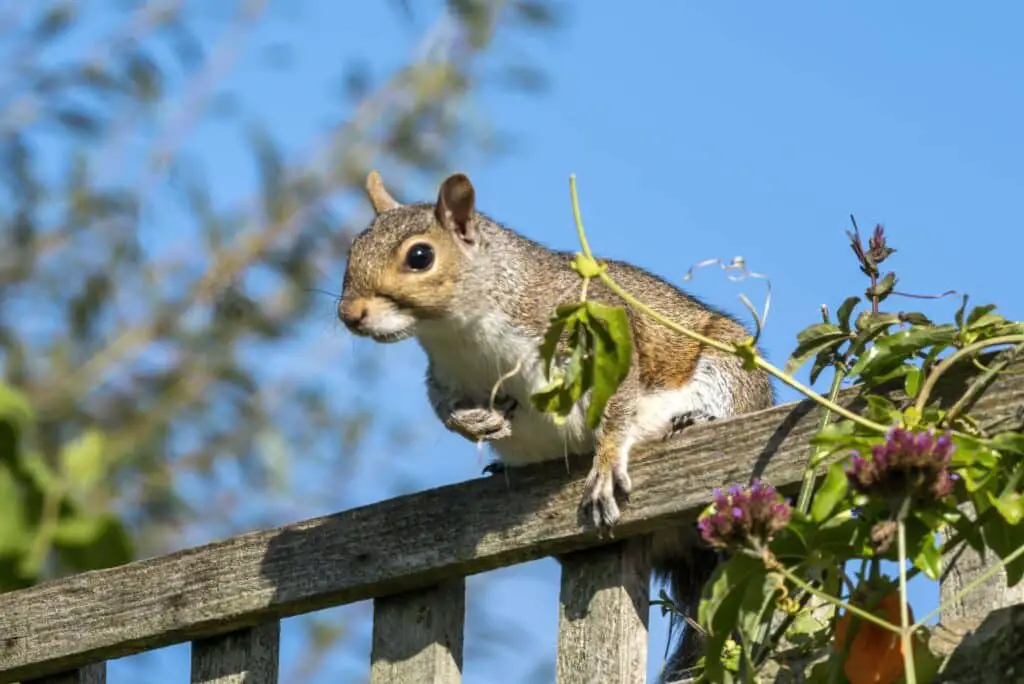
Conclusion
In squirrels away, we have ventured into the intricate world of these remarkable creatures and explored various strategies to peacefully coexist with them. Squirrels, with their undeniable charm and clever antics, can be both a source of delight and a cause of frustration. This duality highlights the finding of a balance that allows us to appreciate their presence while safeguarding our homes, gardens, and bird feeders from their persistent foraging habits. Throughout this exploration, we have learned that deterring requires a multifaceted approach. Natural deterrents such as spicy substances, predator scents, and bitter tastes can help discourage their visits, but they may not always be foolproof.
Squirrels are resourceful, adaptable creatures that can quickly learn to overcome these obstacles. Therefore, it is crucial to complement these natural methods with physical barriers like netting, fencing, and baffles, which can more effective long-term solutions. Squirrels garden deterrence with compassion and ethical considerations in mind. These creatures are part of our ecosystem, and their survival is as as any other species. As responsible stewards of our environment, we should strive to find ways to peacefully coexist with, rather than resorting to extreme measures that could harm them.
One option is to create designated squirrel-friendly areas in our gardens, where they can forage and play without causing damage to valuable plants. Additionally, alternative food sources like squirrel feeders stocked with nuts and seeds can help divert their attention away from bird feeders and other sensitive areas. By combining humane, nature-based solutions with a deeper understanding of squirrel behavior, we can mitigate conflicts and appreciate these charming creatures for the role they play in our natural world. It is in this balance that we can find a way to coexist with squirrels, allowing us to enjoy their antics while preserving the sanctity of our homes and gardens.

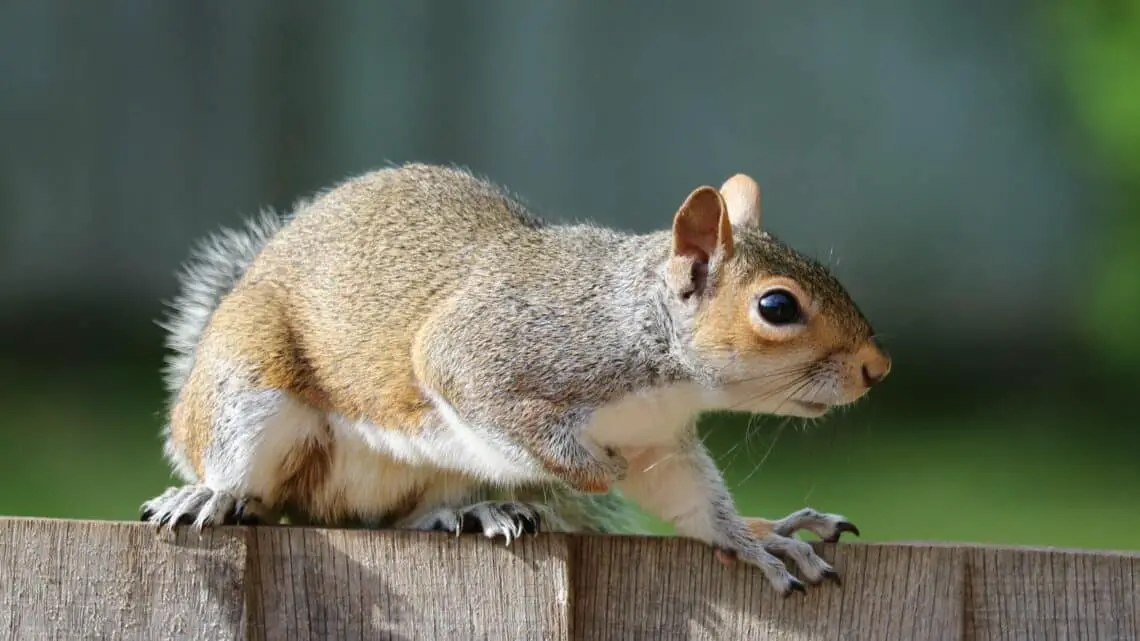
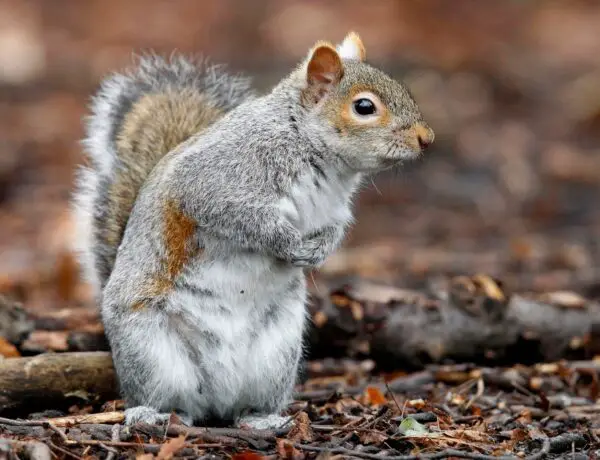
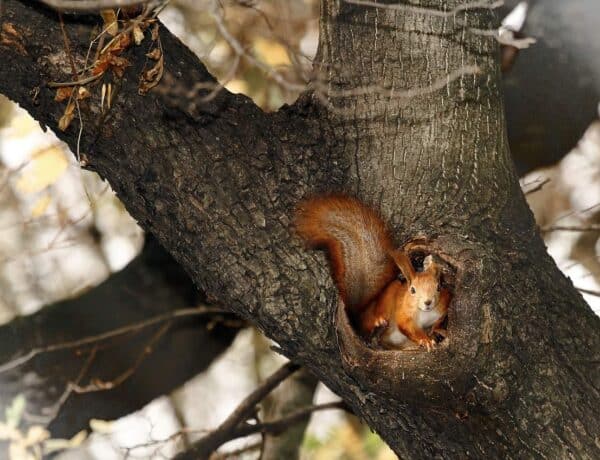
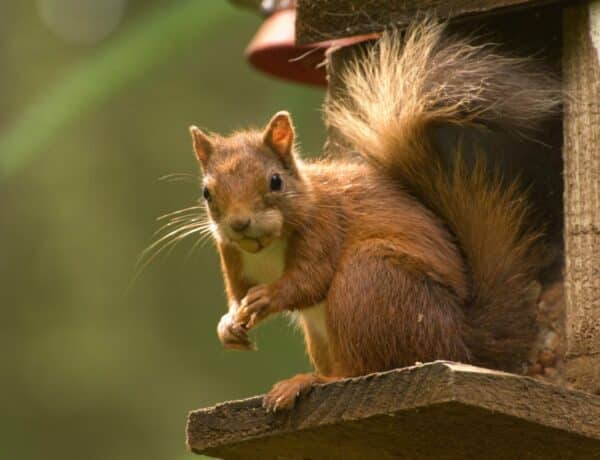
No Comments